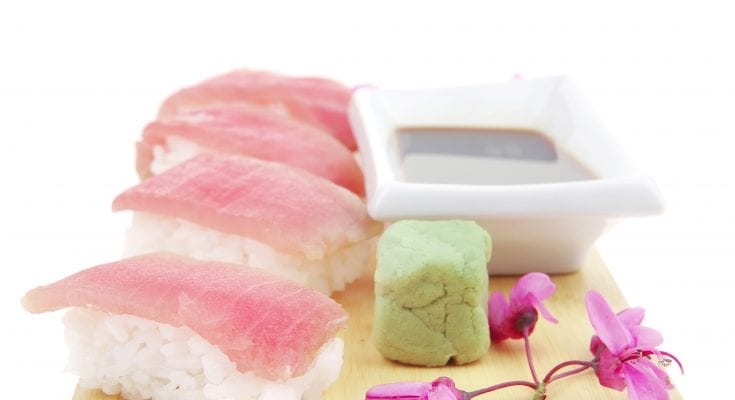If you are not sure whether spicy foods are good for your skin or not, then don’t worry you are certainly not alone. People know little about the health effects of spicy or peppery food. Peppery foods act as stimulants as it stimulates the blood circulation and raises the normal body temperature. This can be a serious problem for people living in a hot climate as the rise in body temperature can make one feel cooler by inducing sweating and reducing the difference between the surrounding air and you. By this process perspiration evaporates and cools your body.
A burning sensation is produced by peppers especially chili (hot capsicum) peppers on the mucous membrane and skin and even inside the mouth. However, truly hot peppers can cause blistering of palate and lips whereas mild hot peppers can be strong intolerably.
Your healthy diet intake reflects on your skin. If you take healthy food items, then your skin becomes healthier, clearer, and young which means taking healthy food contributes to a good outward appearance. On the other hand, a poor diet also appears on your skin in the form of different skin conditions like your skin becoming dull, unclear and filled blemishes and acne.
Spicy food items do not act as a stimulant for everyone. However, some people have a sensitivity to such type of foods as they trigger inflammatory chemicals in their body which causes their blood vessels in skin to dilate resulting in flushing of skin and turning their skin red. Repeated exposure to such foods can even break blood capillaries and makes skin less youthful and clear. Such type of skin condition is known as rosacea which is a chronic skin disease with symptoms of skin dryness, facial flushing, raised red bumps, and skin sensitivity.
Spicy dishes, sauces, and ingredients can cause flare-ups in the skin as they are serious skin irritants. From eating spicy food, the most common side effects which you may experience is the increased chances of breakout. As spicy food increases your body temperature and induces sweating, this causes the release of oil in your skin which can easily trap bacteria and dirt leading to various skin problems such as acne.
Eating spicy food can also cause acid reflux in which stomach walls are damaged, gastric ulcer of small intestine or mucosal lining resulting in stomach pain, vomiting and nausea, acute gastritis due to inflammation. All of this can easily be seen on skin in the form of acne, breakouts, flushing, or even eczema.
If you are allergic to spicy foods, then you should totally avoid eating it as food allergies and atopic dermatitis (eczema) often go together. In fact, it plays an important role in aggravating dermatitis and this include symptoms which may appear alone like redness or in combination with itchiness, rash or swelling. Such food allergies can be even severe and can cause life-threatening reactions such as anaphylaxis.




